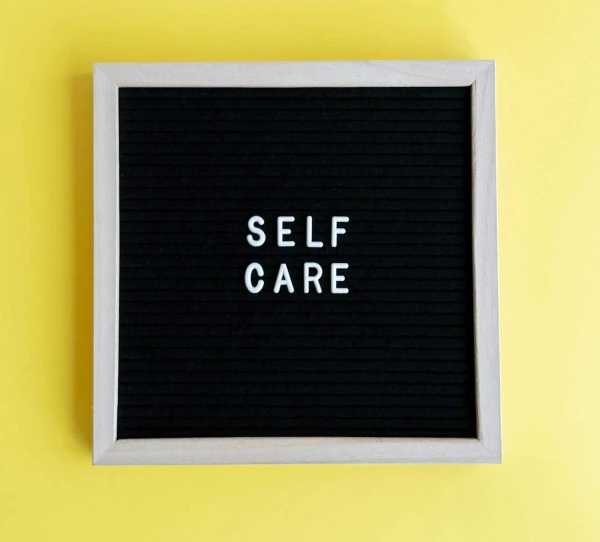Every person has emotions
We are simply sentient beings

From an early age, children are confronted with the fact that they have to relativize, trivialize, ignore or rationalize feelings. Babies and young children are full of feelings and are looking for their way to learn to deal with all those different feelings and emotions. A baby still screams with abandon when something doesn't make sense and it is of course inconvenient to open a throat in later life if you don't get your way. A child therefore wants to learn to deal with feelings and emotions.
Parents have a major influence on the development of strategies that you will use as a child to deal with your feelings.
If you are often told that you shouldn't put up with it, that it's not that bad, that it will be okay or that you should just think about the fun things, then these will be strategies that you will apply later as an adult.
If you have acquired the idea as a child that it is better not to feel a painful, annoying or unpleasant feeling, then the result is that you want to control your emotional world with your mind (your world of thought). Later in life, the result is that you struggle with emotions, such as hurt, sadness, anger, fear, shame or jealousy.
By hiding or ignoring feelings, you achieve that you become very rational and that the contact with your own feelings slowly becomes more and more superficial. Rational people don't realize that themselves, because they think they are talking about feelings when they are actually talking about thoughts. A feeling is there for a reason and reflects something personal about your inner world.




